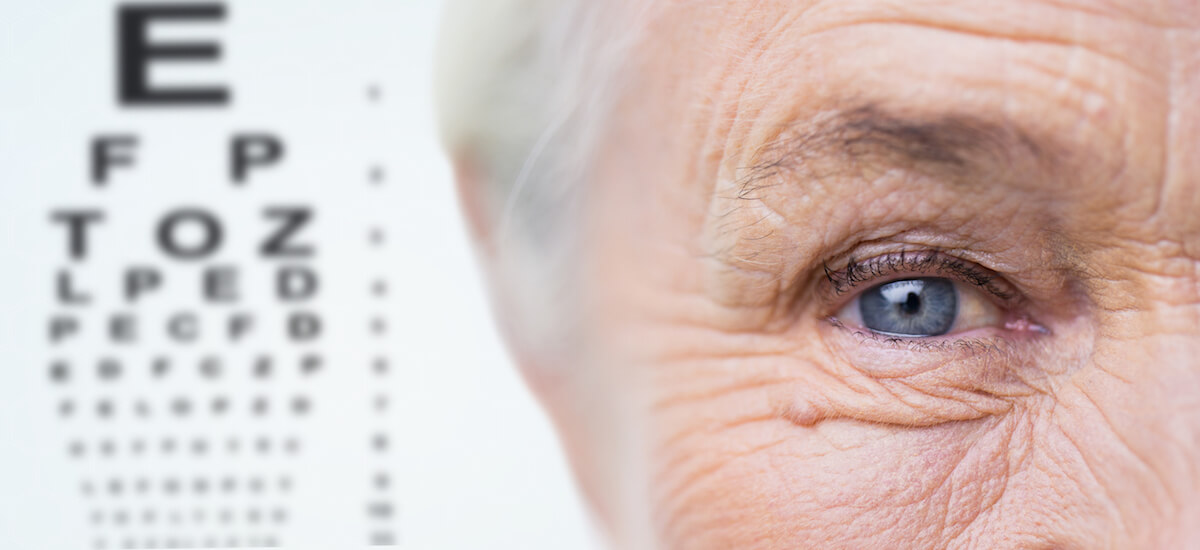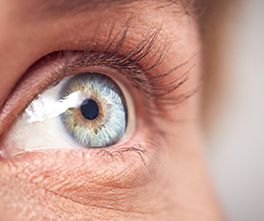As we age our eyesight doesn’t seem to be what it once was, but how do you know when you should see the eye doctor? Dr. Mary Gina Ratchford, a board-certified ophthalmologist and surgeon at Hartford Hospital, has some information that can help:
Q. How does age really affect your eyesight?
A. Despite advances in modern medicine, we cannot slow down the aging process. People are generally living longer, retiring later, driving later in life, enjoy golfing, reading, sewing. Vision is essential to all these tasks. The visual pathway is complex, involving the structures that focus the light — located in the front of the eye — the light-absorbing tissues in the back of the eye and visual processing centers in the brain. Each component of the visual pathway can weaken over time, leading to vision changes even in the absence of disease.
Q. What are the most common eye conditions associated with aging?
A. Most common conditions related to aging are cataracts, a clouding of the natural lens of the eye, dry eye, decreased tear production form the lacrimal gland. Other structural changes include reduced pupil size, a decrease in peripheral vision, reduced color sensitivity and loss of contrast sensitivity. Light becomes much more important. More light is necessary for reading fine print as receptors require more light for stimulation. Glare, or light scatter, can also be a common symptom, especially at night with oncoming headlights.
As one ages, there naturally is higher risk of disease. In our region, we see not only cataracts, but higher incidences of both the dry and wet form of macular degeneration, diabetic eye disease, glaucoma and dry eye.
Q. When should you see a doctor?
A. Since it is not easy to determine vision changes related to age or symptoms of early disease, it is recommended that folks over 65 have yearly complete eye exams by your ophthalmologist. Regular exams are critical in those with diabetes, even without vision changes. Early detection and treatment of the common disease can preserve vision. Sudden loss of vision, even momentary, increase in floaters, new blind spots or if straight lines become wavy should prompt a phone call and a more urgent evaluation.
Q. What are the latest treatments for people who are aging?
A. We have some newer innovations for the common age-related conditions. Modern-day cataract surgery can replace the cloudy lens quickly, safely and effectively. We use newer, more precise tools to measure and implant lenses that can correct vision, distance and near, reducing dependence on glasses. We have new strategies for management of dry eye. At the end of the day, we still recommend common-sense strategies to slow down aging process. Regular eye exams, no smoking, proper diet with plenty of dark-skinned fruits and vegetables. Wearing sunglasses with polarized lenses containing 100 percent A and B filtration is important.
Click here or call 1.855.442.3937 to register for q community education class June 12 at 6:30 p.m. at the Hartford Hospital Wellness Center at Blue Back Square, 65 Memorial Road, Suite 425, in West Hartford. Dr Alan Solinsky, a board-certified Hartford HealthCare ophthalmologist, will discuss general eye care, cataract surgery and glaucoma treatment. A Q&A with the doctor will follow the presentation.


